Central SA
Bloemfontein children’s hospice celebrates 26th birthday─── HEIDRÈ MALGAS 06:00 Fri, 14 Jun 2024
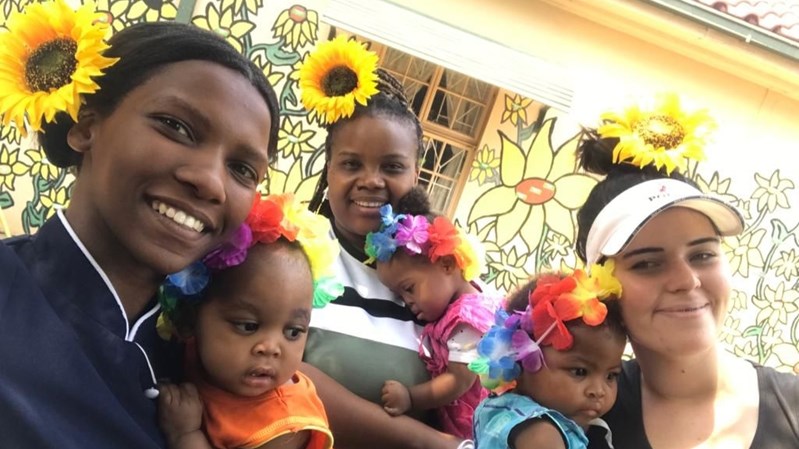
“Sunflower Children’s Hospice is a non-profit organisation that provides care and compassion to children with life-threatening and life-limiting conditions.”
Sunflower Children’s Hospice in Bloemfontein is celebrating its 26th birthday and will host a market day today (14/6) to commemorate the milestone.
“The hospice is the oldest children’s hospice in South Africa,” said founder Joan Marston. “Seeing the difference we have made in the lives of thousands of children and families, and hearing how volunteers from here and abroad say their lives have been changed for the better through their time with our hospice, is incredibly rewarding.”
Sunflower Children’s Hospice is a non-profit organisation that provides care and compassion to children with life-threatening and life-limiting conditions. It aims to keep children within their families and communities as much as possible, with appropriate supervision and support.
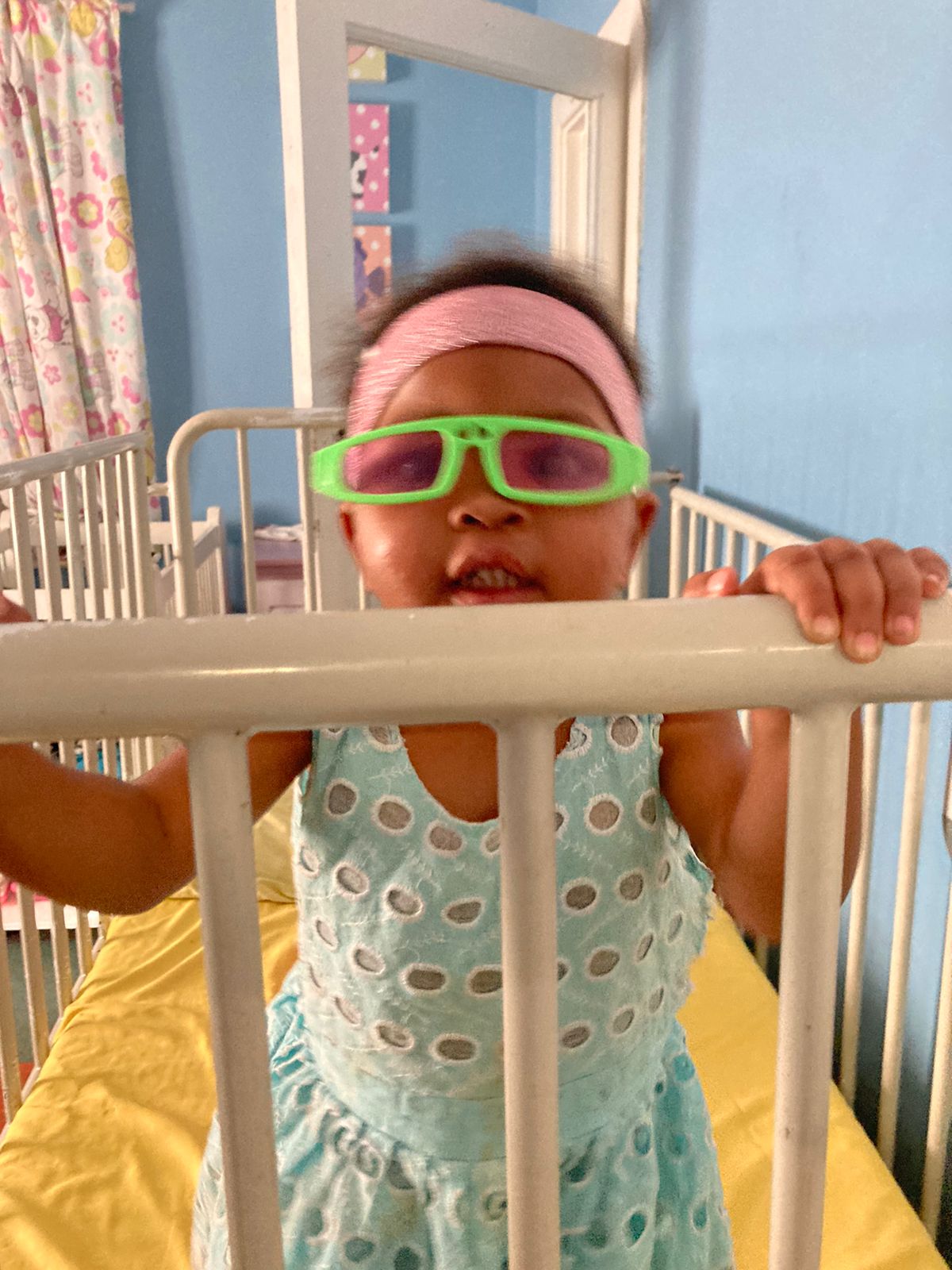
The hospice established a separate programme to meet the needs of children. Photo supplied
The inspiration for opening the hospice came when Marston and her team at Bloemfontein/Naledi Hospice, during the HIV/Aids pandemic, witnessed a rising number of children – many so-called AIDS orphans – dying in horrific conditions and extreme poverty.
“We realised that caring for children was different from caring for adults, so we established a separate hospice programme to meet the needs of children with incurable and life-threatening conditions. It was a huge learning curve for us, as we had only cared for a few children before the HIV-related deaths surged, and there was no training course for this at the time.”
The biggest challenge for many hospices is the lack of training. “We needed to learn how to care for so many sick and dying children. By utilising what we knew, learning from children’s hospices in the UK, and gaining insights from the children we cared for, we developed South Africa’s first children’s hospice training course.”
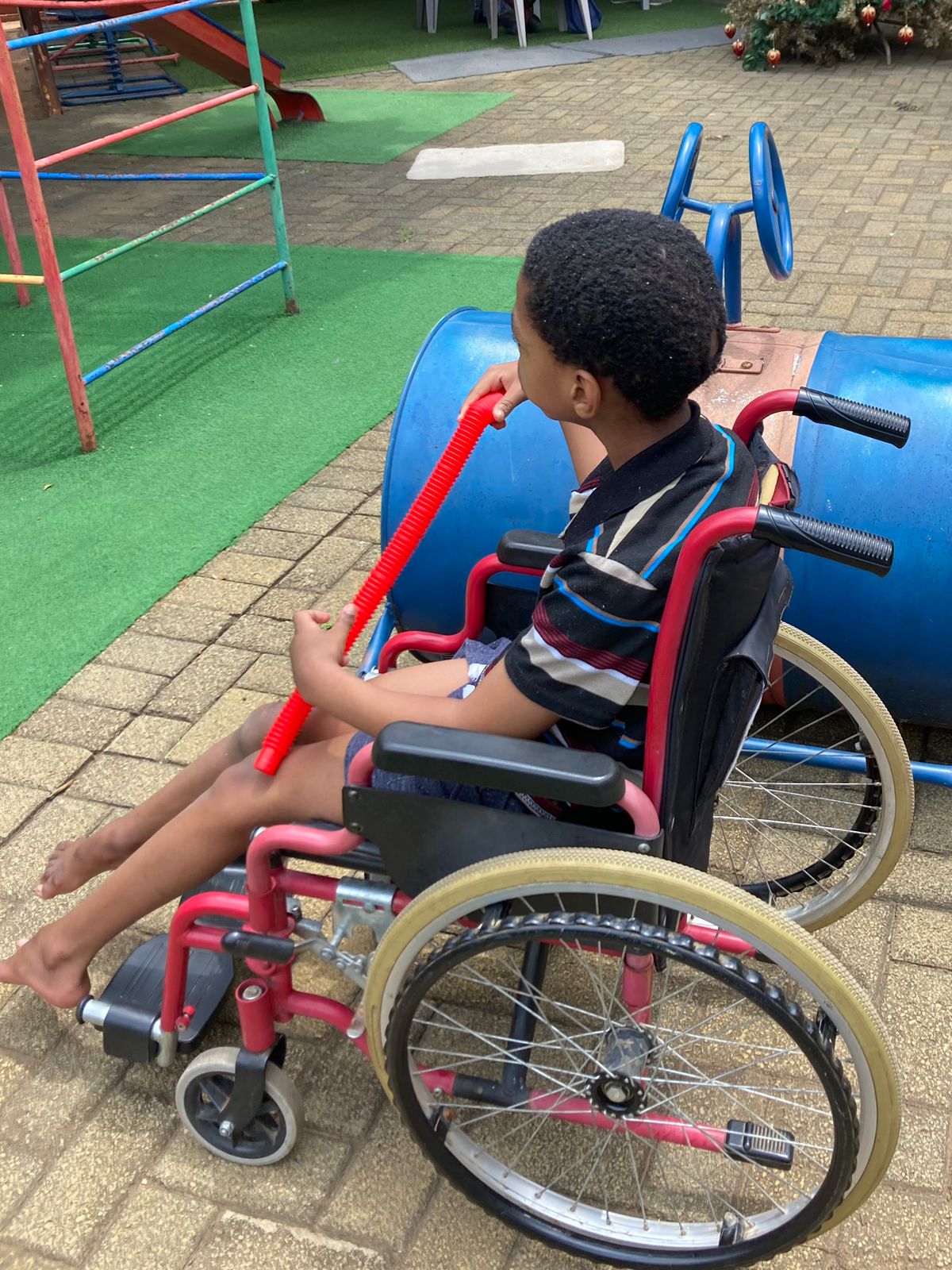
Sunflower Children’s Hospice provides care and compassion to children. Photo supplied
In the beginning, they were providing home care and daycare, but they soon realised the need for a dedicated facility to care for these children and some adults. “We approached Prof. Craig Househam, Head of Health for the Free State, who set up a team to help us find a suitable place. This led us to discover Sunflower House, which we renovated and initially filled with children and some adults.”
From the start, they accepted all children in need of hospice care, with many being HIV positive or having Aids. At that time, there was a significant fear of “catching” AIDS, so they had to educate people, showing them that caregiving, cuddling, and kissing could be done safely without transmitting the virus.
Funding their services was a challenge when the hospice first opened. But thanks to numerous sponsors and donors, both national and international, they made it work.
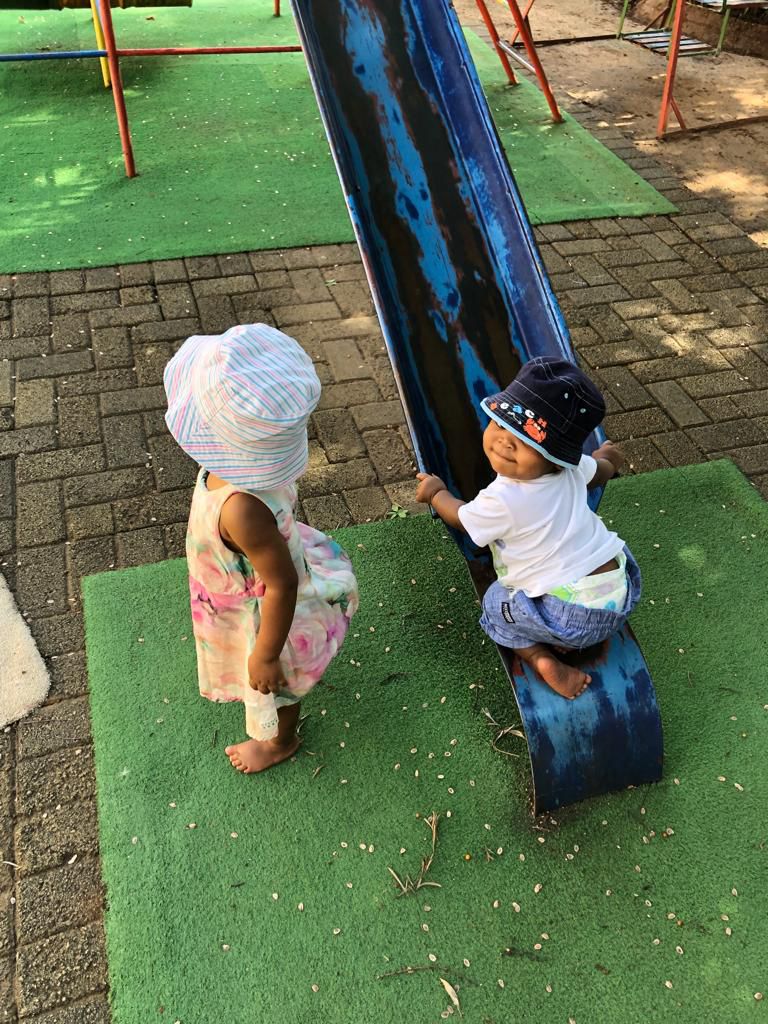
Sunflower Children’s Hospice is the first and oldest dedicated children’s hospice in South Africa. Photo supplied
“From the beginning, our vision was that all children needing palliative care would receive it,” said Marston. “While we’re still far from achieving this goal, we maintain our vision. Our mission is to provide palliative care, train healthcare providers, families, and the community, and advocate for the right of every life-limited child to receive palliative care.”
One of the hospice’s biggest accomplishments is being the first and oldest dedicated children’s hospice in South Africa. “We developed the first training courses in hospice and palliative care for adults and children, participated in setting up the International Children's Palliative Care Network (ICPCN), and contributed to the establishment of PatchSA, the South African Palliative Care Network.”
Being awarded the Bloemfontein Institution of the Year by Ons Stad and Volksblad is a notable achievement. “Additionally, our work has been documented in textbooks, journal articles, and presented at conferences worldwide, among many other accomplishments,” said Marston.
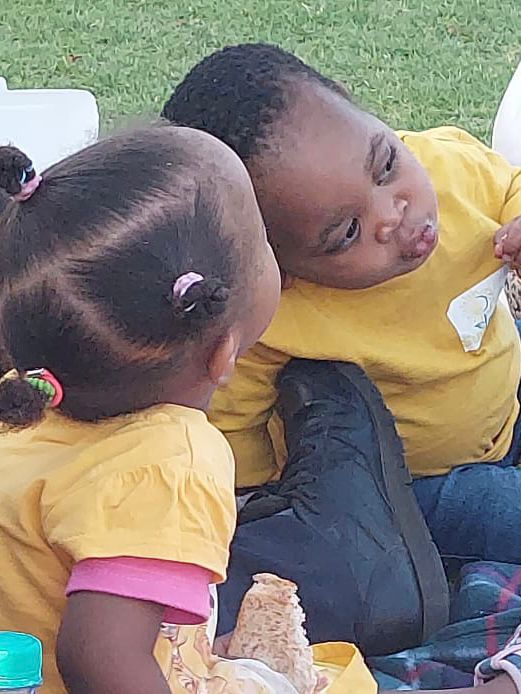
The hospice supports families. Photo supplied
From the beginning, key supporters have included the Department of Health, National Hospital, Department of Family Medicine, and the Anglican Cathedral.
“It has been encouraging to see increased recognition for paediatric palliative care and a deeper understanding that it differs from adult palliative care. The development of specialist groups within paediatric palliative care, such as neonatal and adolescent palliative care, is also promising.”
Sunflower Children’s Hospice is looking to expand neonatal palliative care services and has developed special support groups for adolescents, including the Community Poets and Youth Ambassadors.
The hospice supports families by visiting them in the community to assess health and social welfare, assist with access to social grants and education, and provide clothing, food parcels, and blankets. They strive to address social needs as comprehensively as possible.
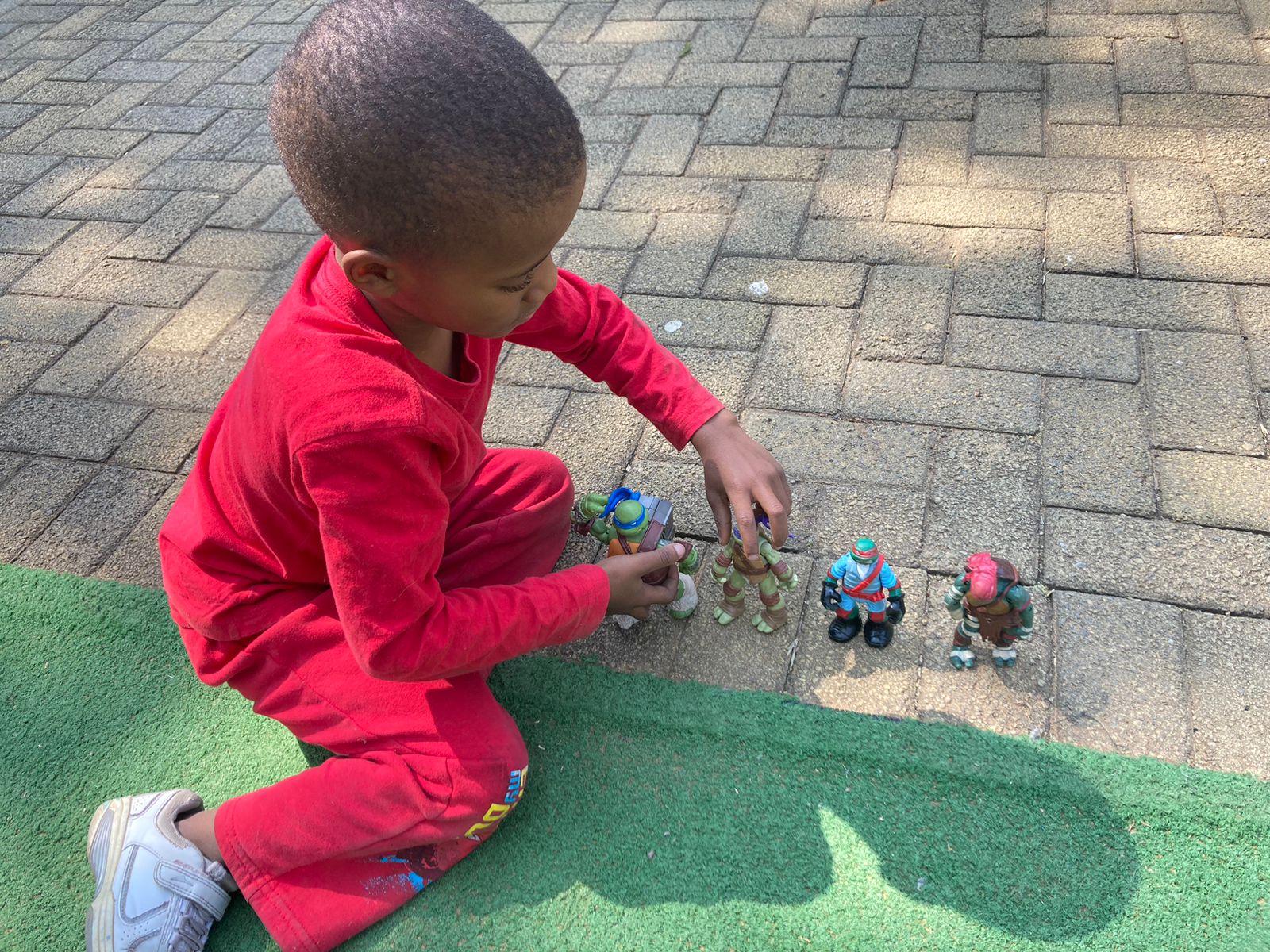
Sunflower Children’s Hospice advocates for the right of every life-limited child to receive palliative care. Photo supplied
“We also teach older children and family members how to care for a sick child, make referrals for additional assistance, and provide psycho-social and spiritual support. At times, we assist in transporting children to clinics and hospitals,” Martson said.
“We hope the government will recognise the value of paediatric palliative care and provide funding, as it is part of Universal Health Coverage and recognised as a human right. Our greatest hope lies in securing adequate funding and increasing volunteer activity. Currently, we urgently need a new vehicle to continue our community services, as our 20-year-old vehicle is on its last legs.”
The primary challenge is funding. Therefore, they’re exploring innovative ways to increase access to funds and involve more volunteers, including medical professionals and social workers. “Our Sunflower House is really too small, so we have drawn up expansion plans, as we feel the hospice is ideally situated at National Hospital.
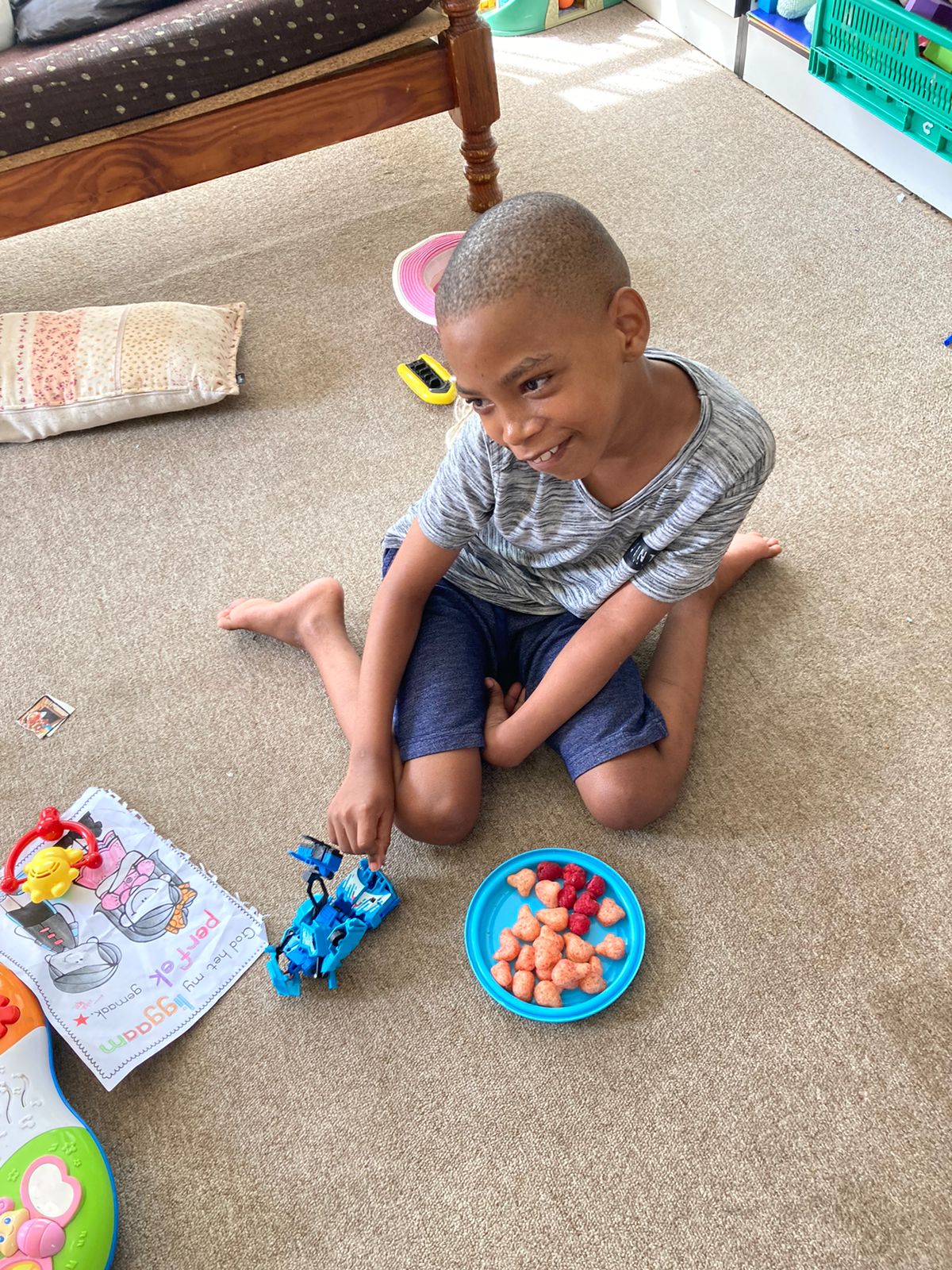
The hospice is exploring innovative ways to involve more volunteers. Photo supplied
“A moving and impactful story is that of Thabo (not his real name), who joined our programme with advanced Aids. He was an orphan, severely malnourished, and also had TB. Living in severe poverty and with a physical disability, he faced many challenges.
“We all loved him but doubted that, given his many challenges, he would find a suitable foster placement. He had other health problems, and we were concerned as he showed signs of heart failure. Fortunately, a family visited Sunflower House, fell in love with him, and he is now a happy, well-cared-for child.”
Another story is of Rethabile (not her real name), a sad little girl who, due to her rare and progressive disease, had both feet amputated. As she became weaker, she discussed her sadness about her mother’s death and her concerns about what happens after one dies.
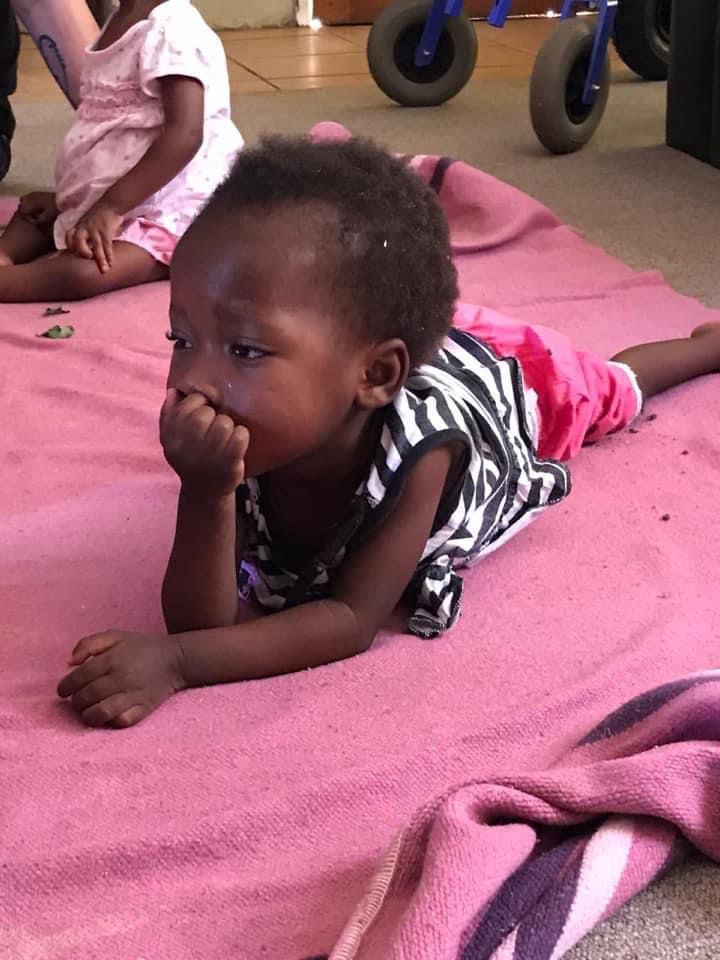
There are numerous ways to get involved. Photo supplied
By helping her express her feelings and fears through play and art, she one day told the hospice team that her mother was coming to fetch her. She passed away peacefully the next day.
Volunteers may contact the hospice by calling 051 4483813 and asking for Sr Muller or Tshego Taunyane, emailing sunflower007@telkomsa.net, or Joan on 082 296 4367.
There are numerous ways to get involved, such as helping with the children, collecting needed items like nappies, toiletries, and clothing, or assisting in our little second-hand shop.
The open day and market will be open to the public today (14/6) from 10:00 to 17:00 at Sunflower House.














